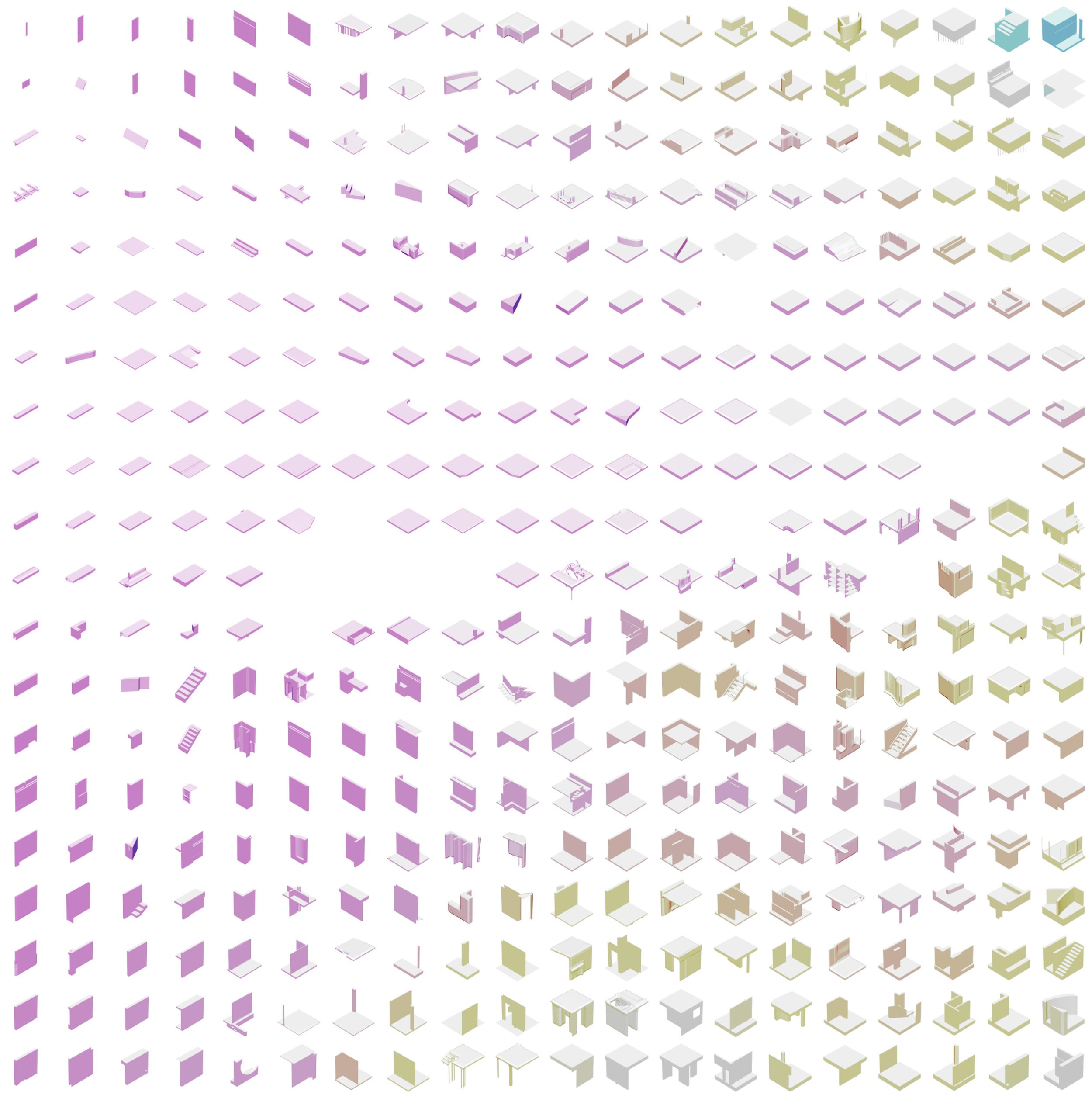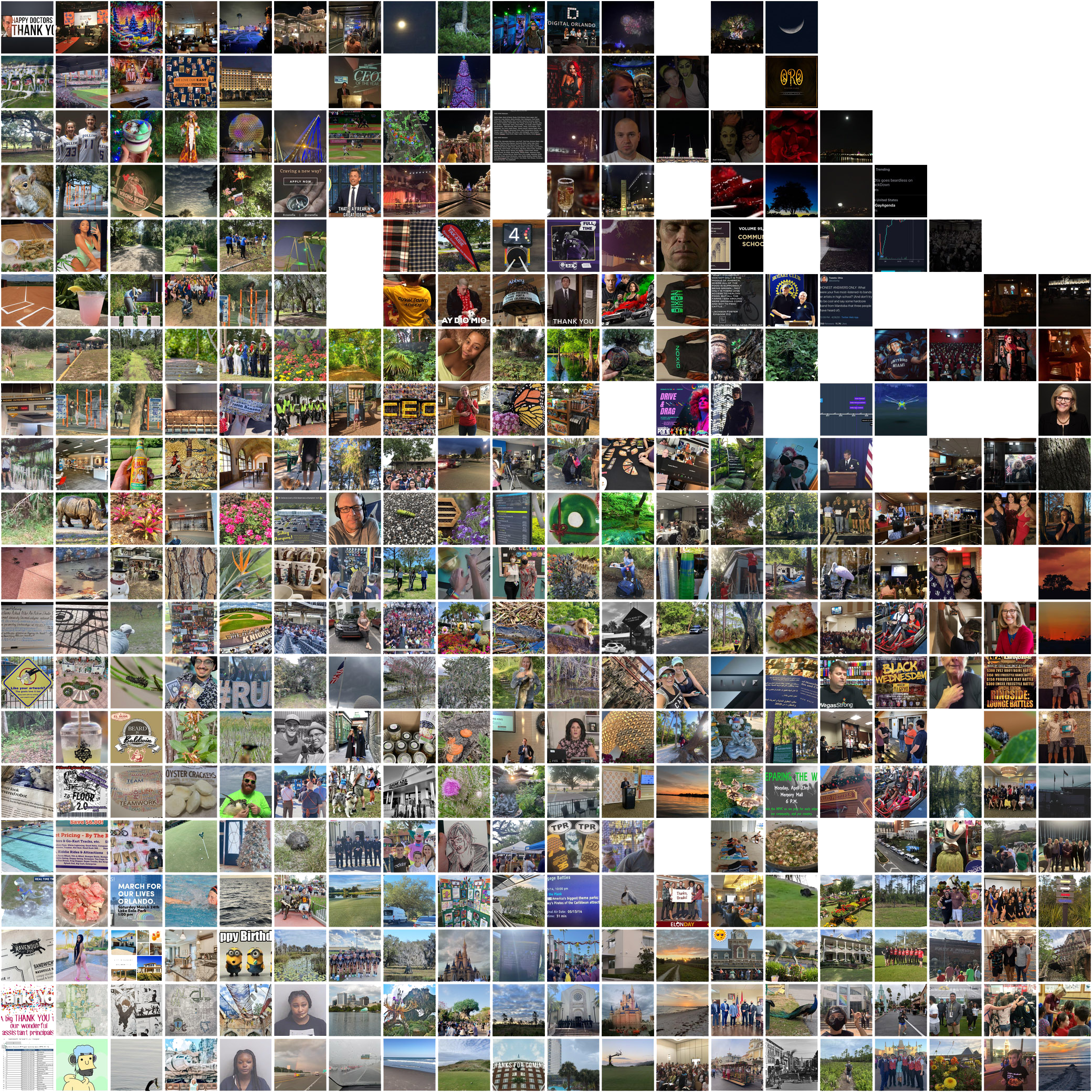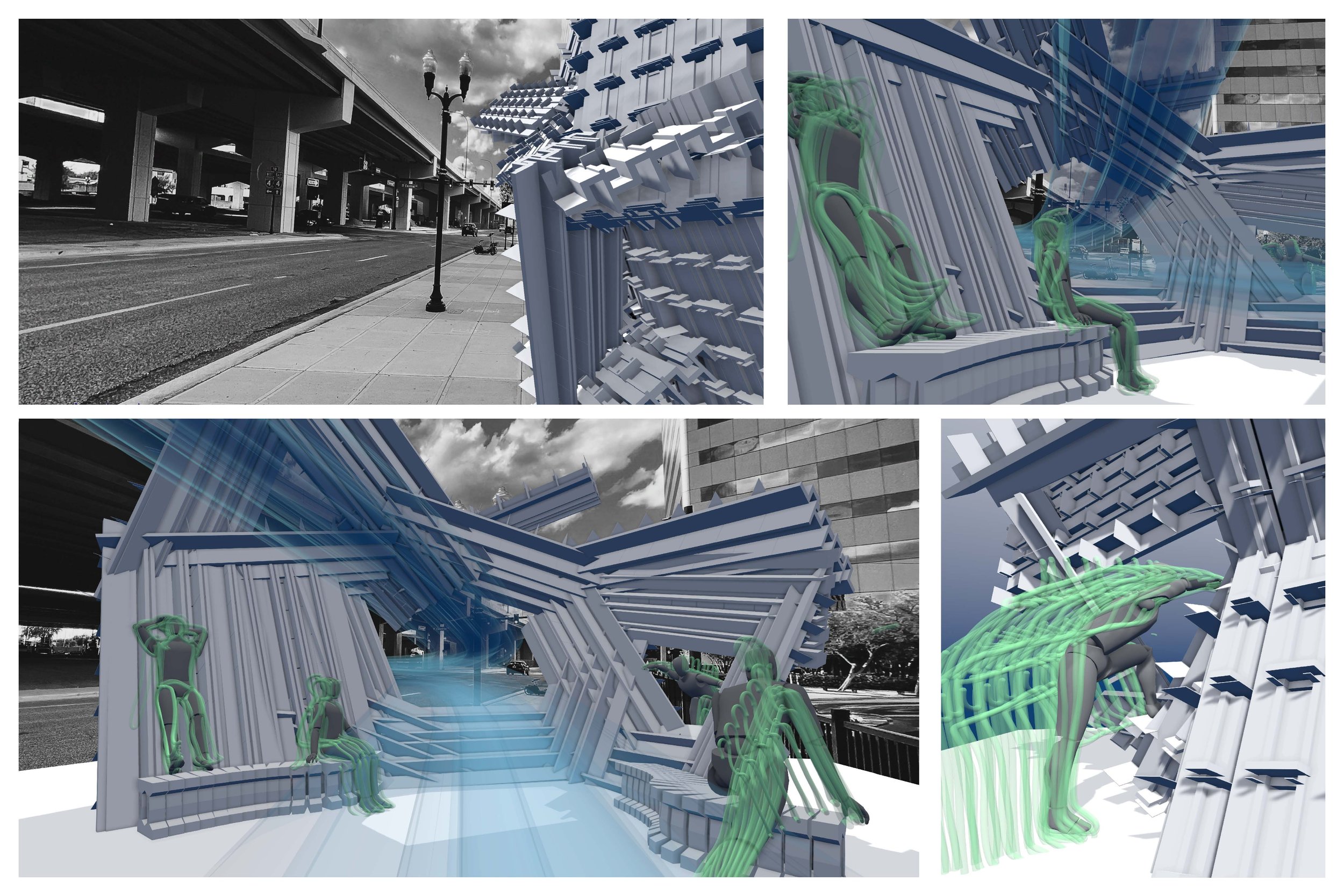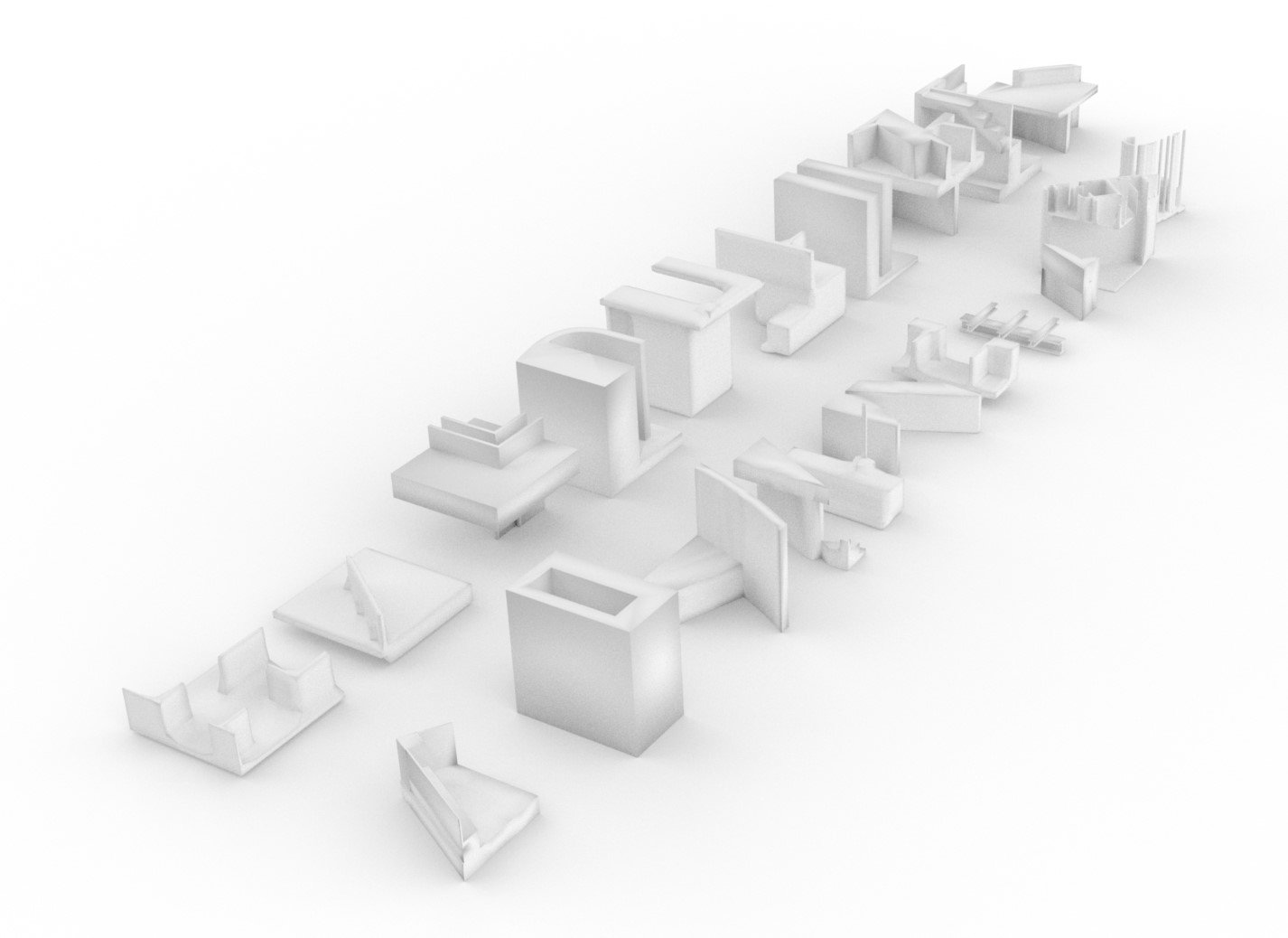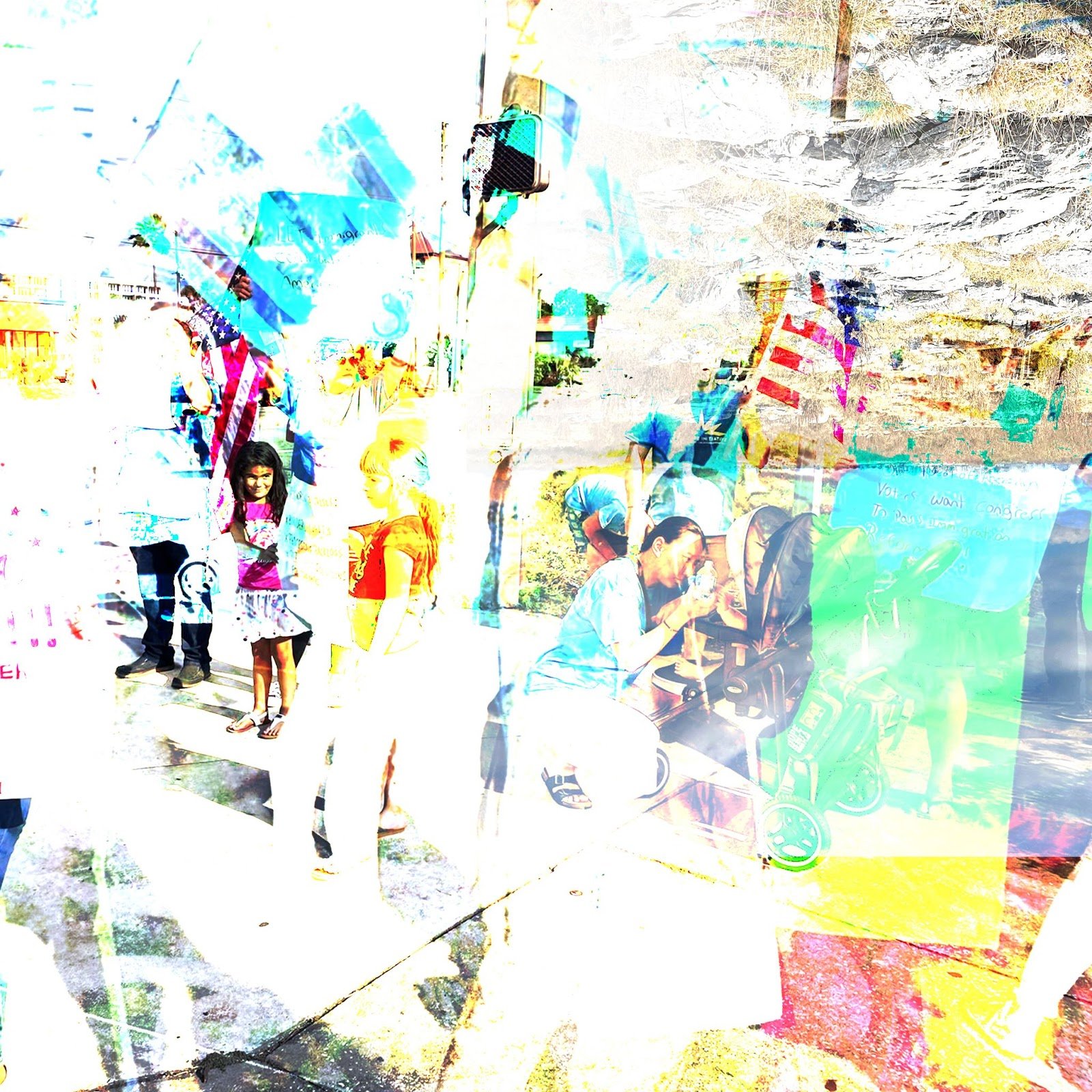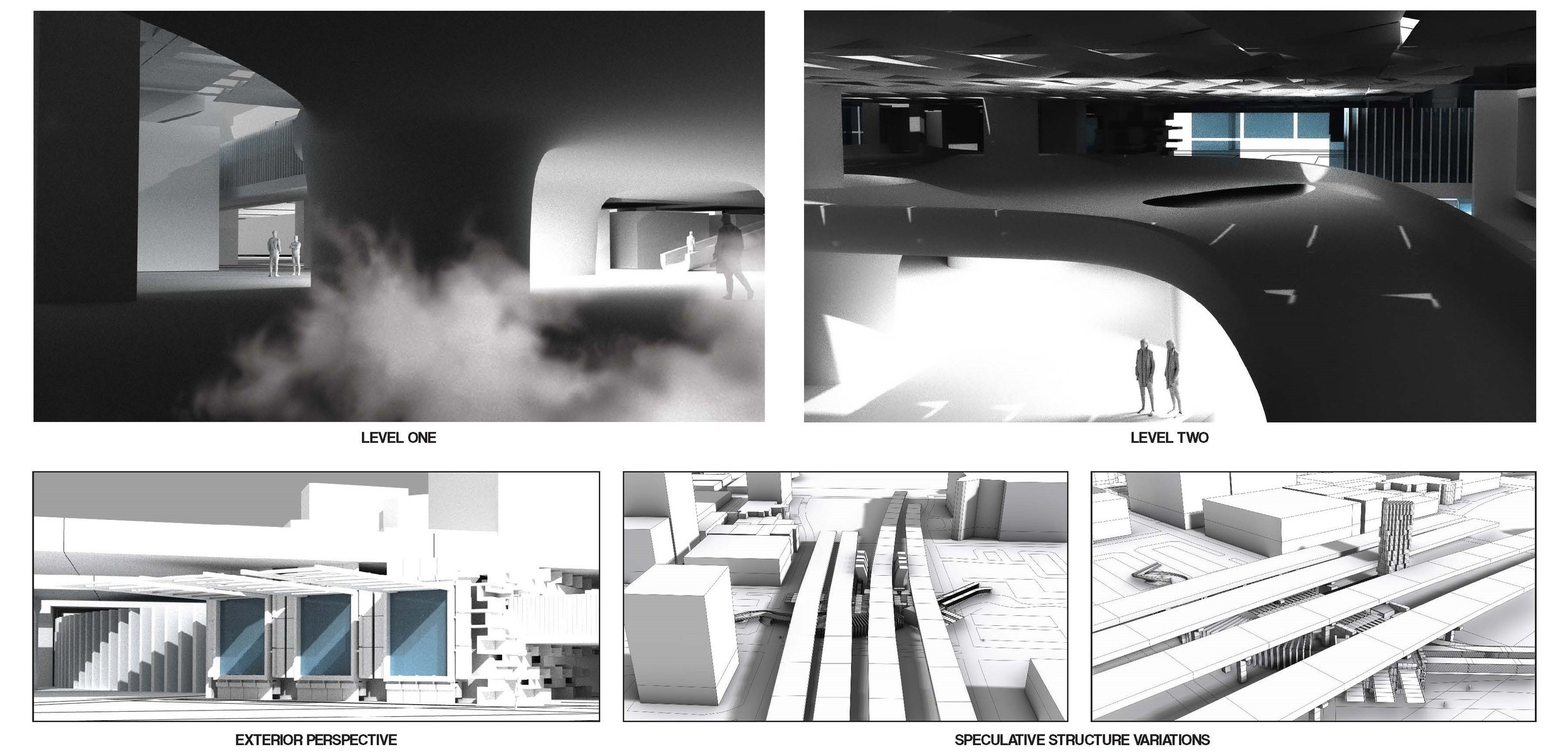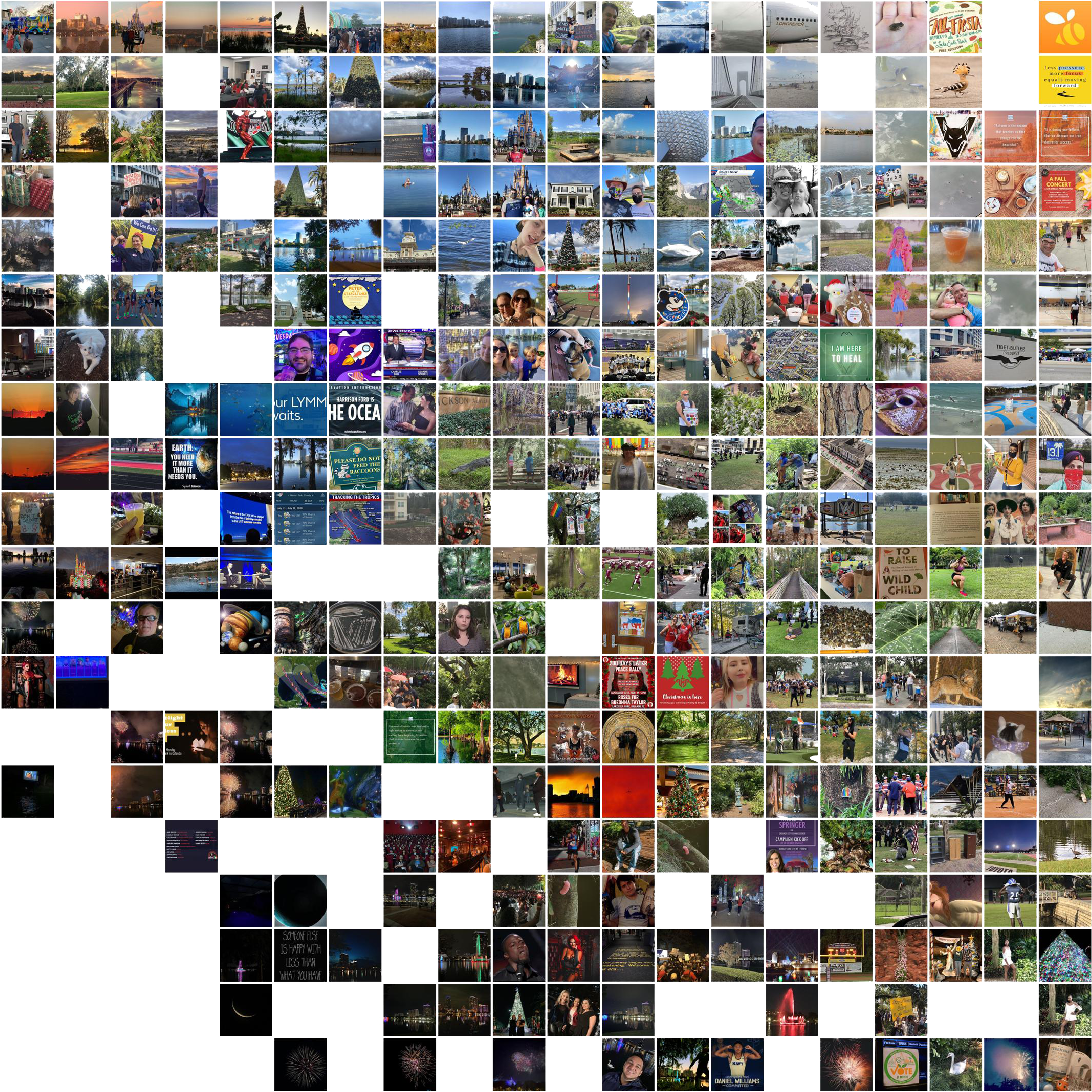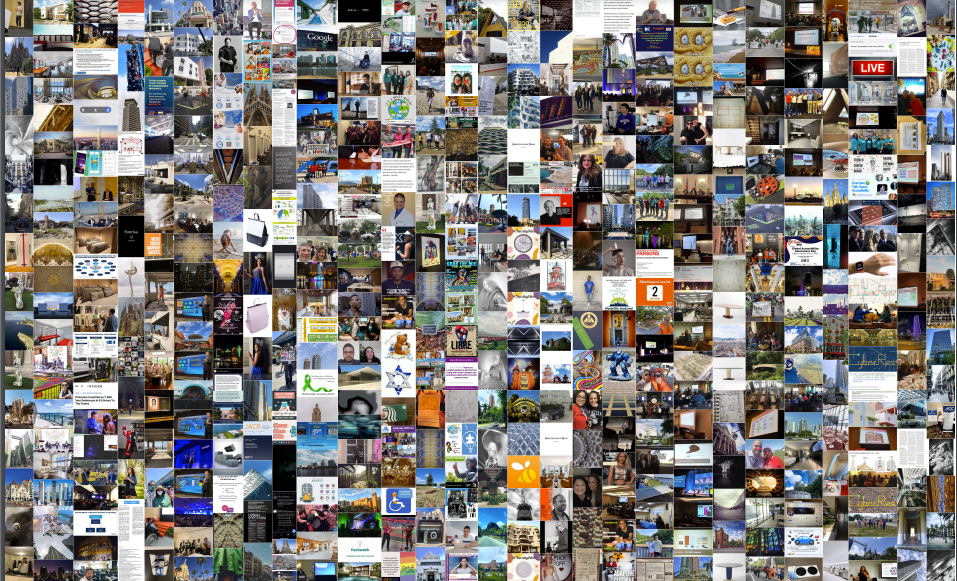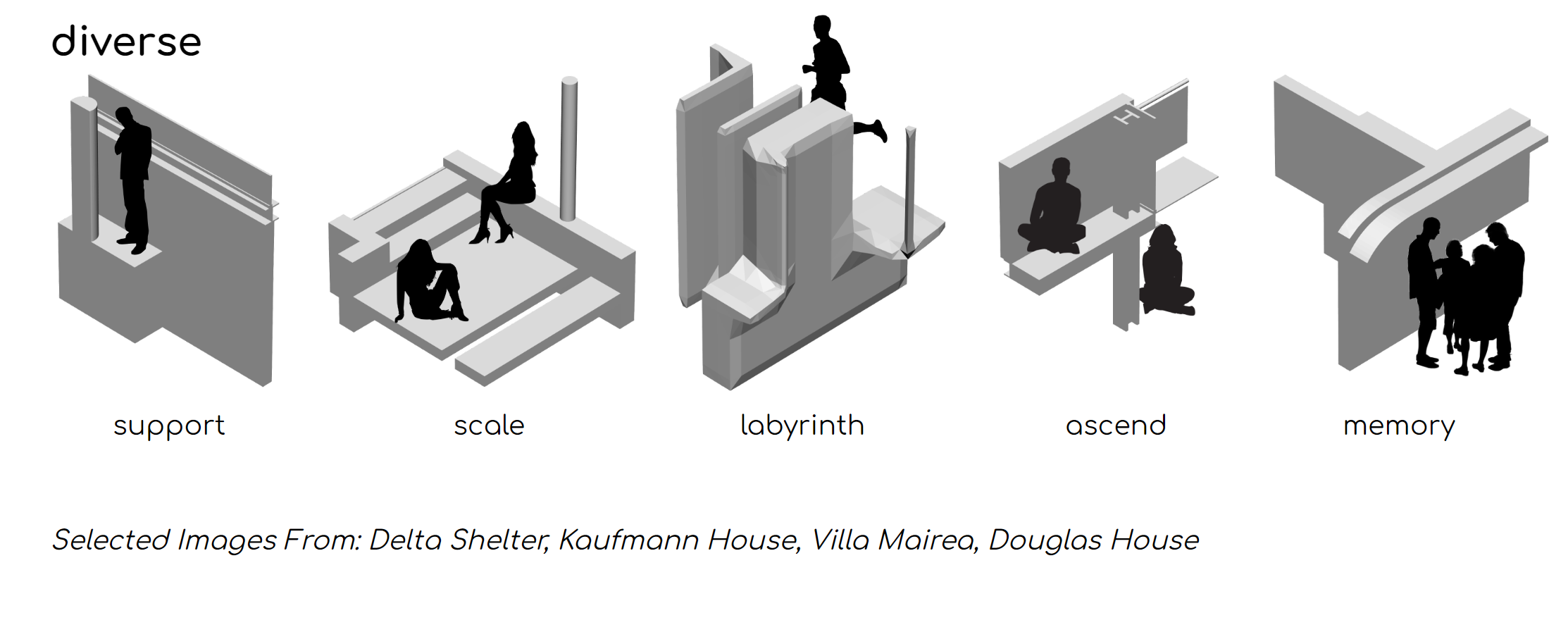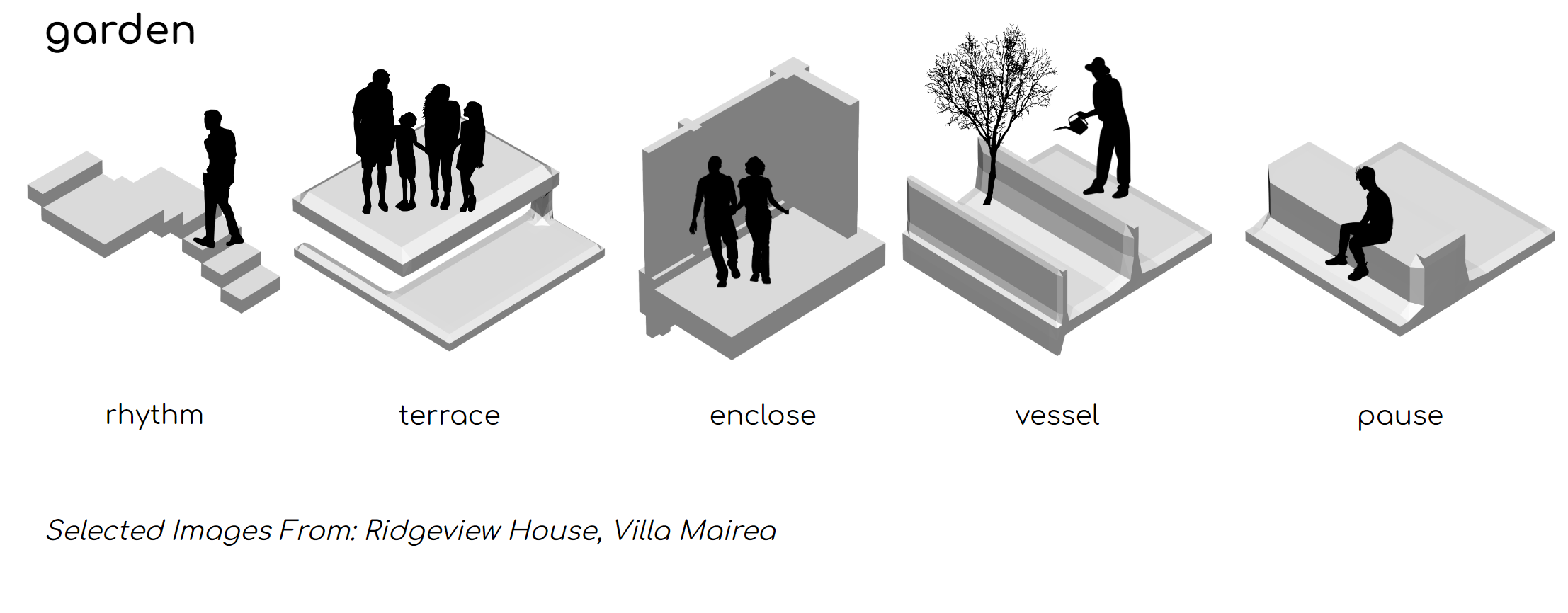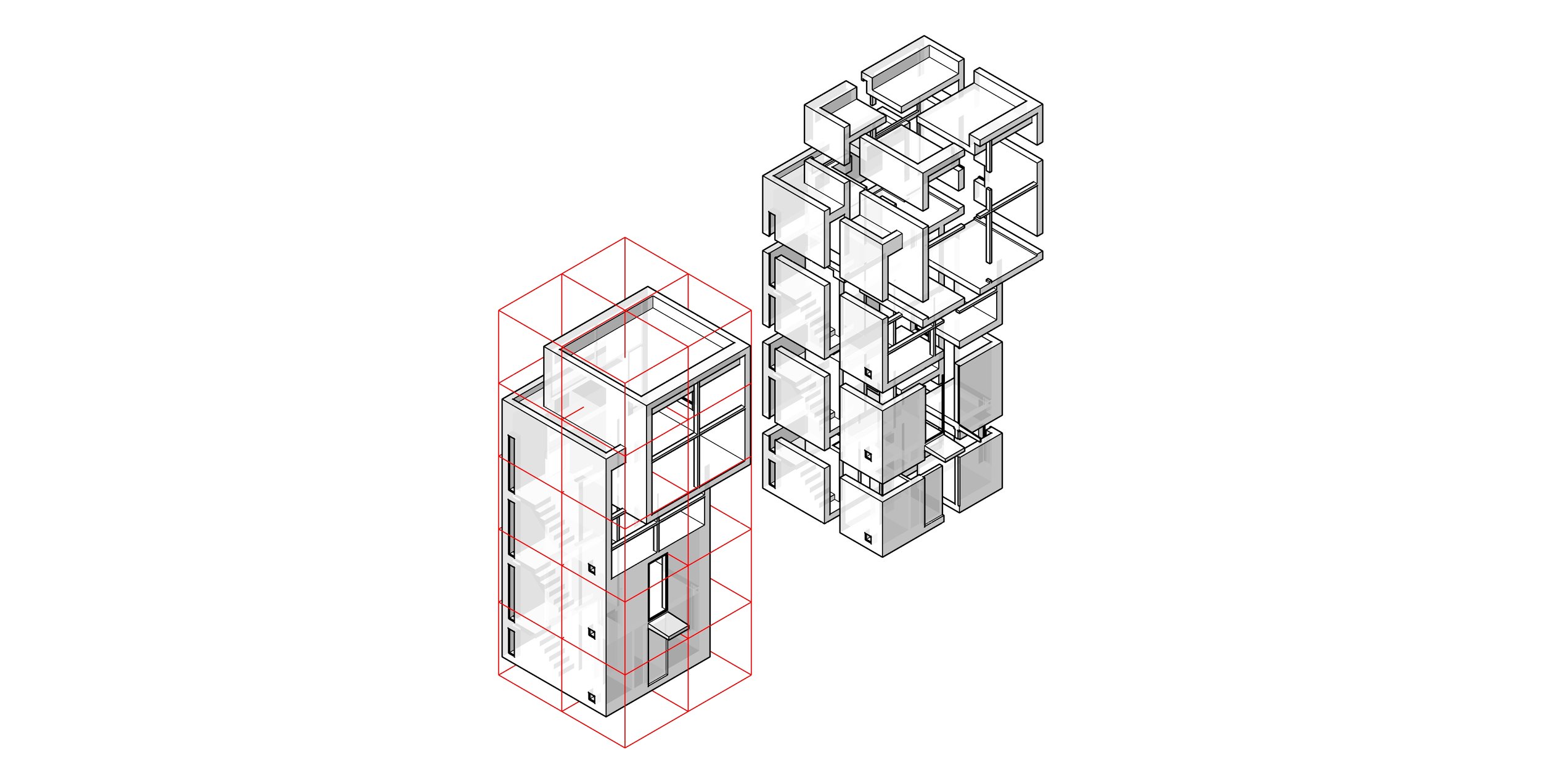This studio is at the vanguard of artificial intelligence and design to create and produce reliable and valid data about how to implement new technologies in architectural design practice that will result in a compilation of experience in how to implement AI in a design curriculum. The seminar works particularly on models of architectural design using artificial intelligence (AI) and storytelling technologies (VR AR). Additionally, the course builds international collaboration by accommodating every year one scholar from ETH Zurich with substantial experience in research, design studios, and algorithmic models to travel to Florida and collaborate in the seminar as a tutor, researcher, and critic. The workshop will use AI as a new paradigm of critical thinking and developing ideas rather than using it as an optimization tool. The studio aims to bring together students across multiple disciplines at the end of their bachelor's or coursing their master's studies to discuss new paradigms of architectural thinking and production. At the end of the course, we will organize an international conference, where experts in these subjects will present their work. And students at UF will have the opportunity to exchange ideas and get feedback on their projects.
The primary motivation for creating this prototype course is to help the school address a curricular gap in these areas and place the University of Florida in league with other national leaders in AI and design. Additionally, the seminar aims at continuing the trend of AI in education at the University of Florida. This course will advance research on implementing AI in a design curriculum by helping students harvest and filter publically available data to create architectural models. In the course students, will collaborate in an environment where meaning is negotiated around the concepts––architecture, artificial intelligence and storytelling. Such discussion can identify new factors at play and the relationships that interweave between architectural practice and new technologies. After completing the course, students will have gained critical thinking and learned tools on how to address the subject of AI, Architecture and Storytelling, which will help them advance in today's competitive work as they will be able to join a global discussion around these subjects.
The course intends that students question their current ways of thinking by being exposed to various approaches to the same subject. The students will have the unique opportunity to exchange knowledge with peers from Europe and the USA and learn how they approach the same research questions in an International Conference organized within the workshop. The course aims to address the fundamental technological shifts that AI has introduced to design and engineering disciplines and how AI will transform millennia-old traditions of architecture. Within the course we will question architecture’s Beaux-Arts and Bauhaus-Modernist pedagogies and practices, as well as universal concepts of “efficiency” and “optimization,” to critique a “systems” approach to design after 19th and 20th-century industrialization. In this course, we suggest that AI offers another understanding of the world fundamentally different from industrialization and driven by responsive computer learning, big data, and big tech.
Each year the outputs of the course will be compiled in a booklet that, after four years, will turn into a book that narrates different approaches to architectural design using AI and game engines. Students and researchers have the unique opportunity to shape a project that can influence how architectural practices implement AI in daily work.
Student Work
